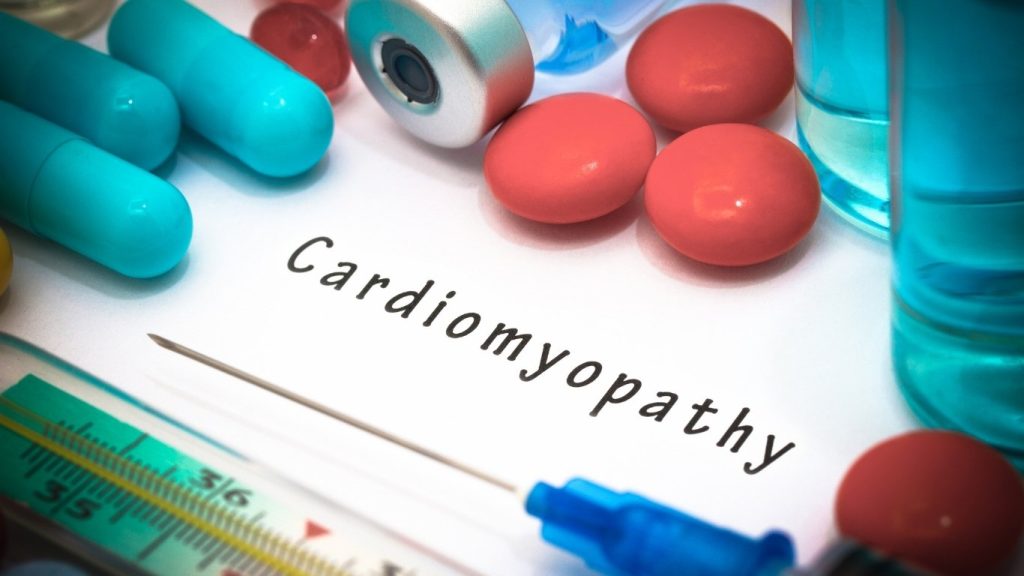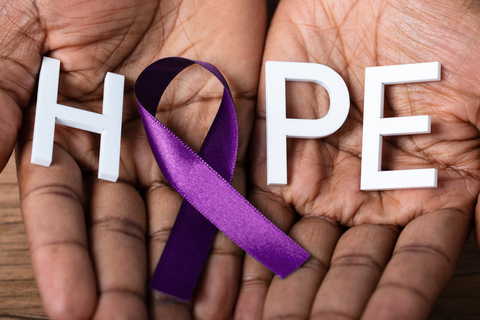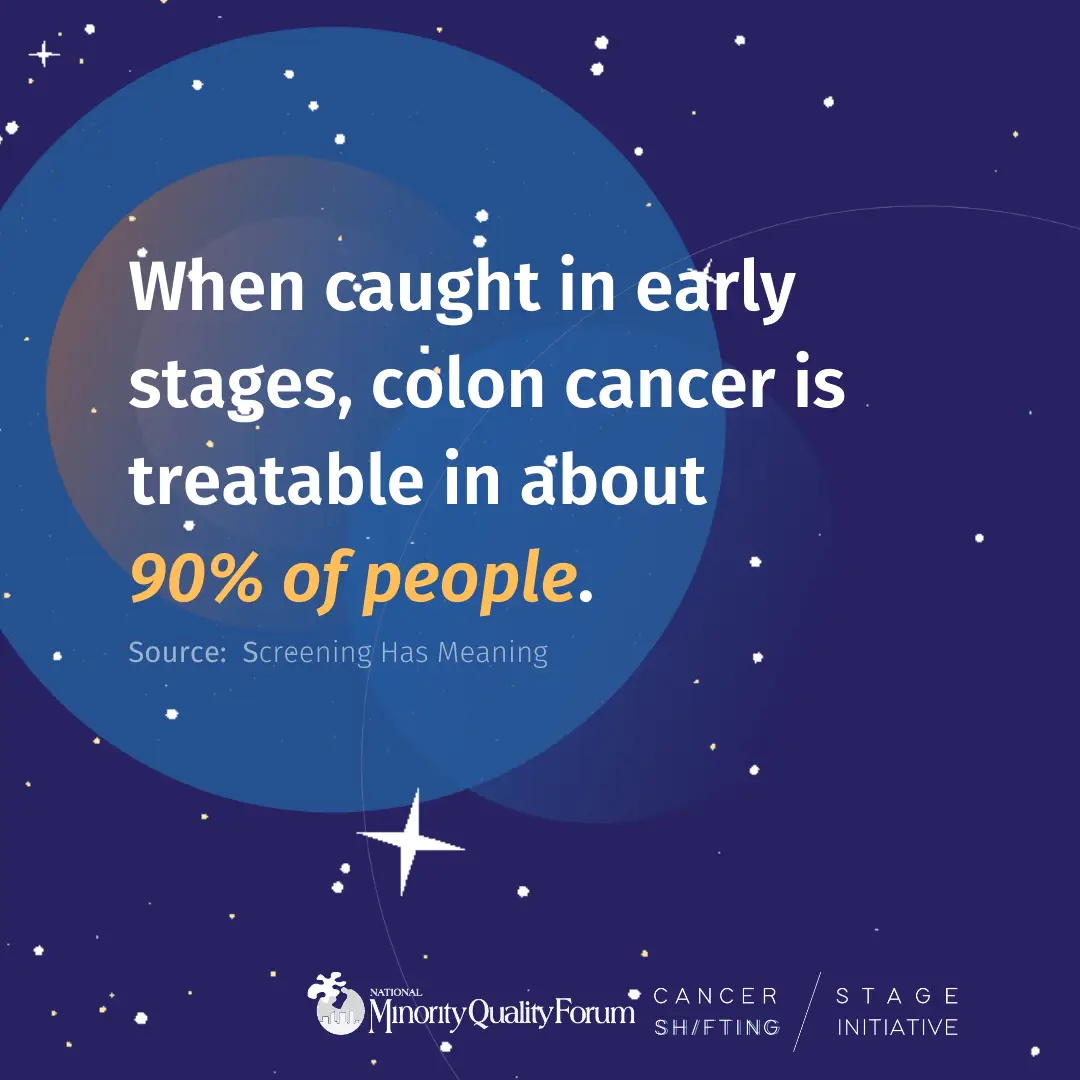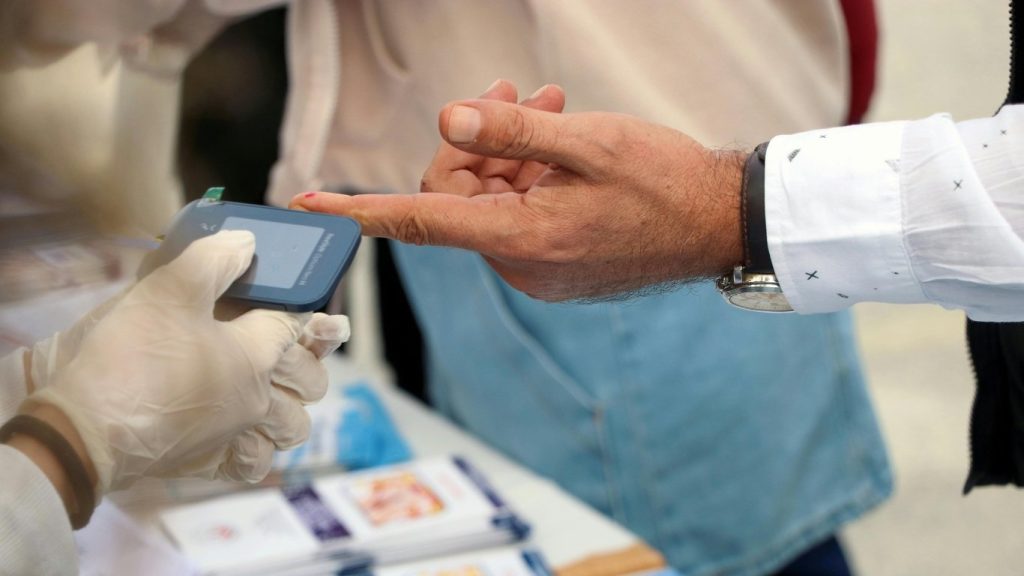Hispanic
Vitamin D, depression symptoms, and diabetes: what researchers saw in older Hispanic adults
As U.S. diabetes numbers remain near record highs, researchers in West Texas are warning that a closer look at nutrition and mental health could sh...
- Subash Kafle
Celebrating Hispanic heritage while learning about health care
…N.Y. (PIX11) — There are so many different ways to celebrate Hispanic Heritage Month.
One novel approach is to combine fabulous entertainmen...
CT Paid Leave: Mental Health Support for Hispanic Workers in Connecticut
CT Paid Leave officials report that Hispanic adults were 60% less likely to have received mental health treatment than non-Hispanic white adults in...
Latino Colorectal Cancer Research | USC COPECC | Fyh.news
Latino colorectal cancer research is critical for reducing health disparities in the United States. Colorectal cancer (CRC) is the second leading c...
Depressive Symptoms in Black and Hispanic Men with Chronic Conditions
Depressive symptoms in Black and Hispanic men with chronic conditions are shaped by co-morbidity, social support, and health-related behaviors. Men...
Hispanic Men Diabetes Prevention: Barriers to NDPP Engagement | fyh.news
Hispanic men diabetes prevention is a critical public health issue, as Hispanic men face higher rates of diabetes yet participate less in preventio...
Trending Topics
Features
- Drive Toolkit
Download and distribute powerful vaccination QI resources for your community.
- Health Champions
Sign up now to support health equity and sustainable health outcomes in your community.
- Cancer Early Detection
MCED tests use a simple blood draw to screen for many kinds of cancer at once.
- PR
FYHN is a bridge connecting health information providers to BIPOC communities in a trusted environment.
- Medicare
Discover an honest look at our Medicare system.
- Alliance for Representative Clinical Trials
ARC was launched to create a network of community clinicians to diversify and bring clinical trials to communities of color and other communities that have been underrepresented.
- Reducing Patient Risk
The single most important purpose of our healthcare system is to reduce patient risk for an acute event.



















